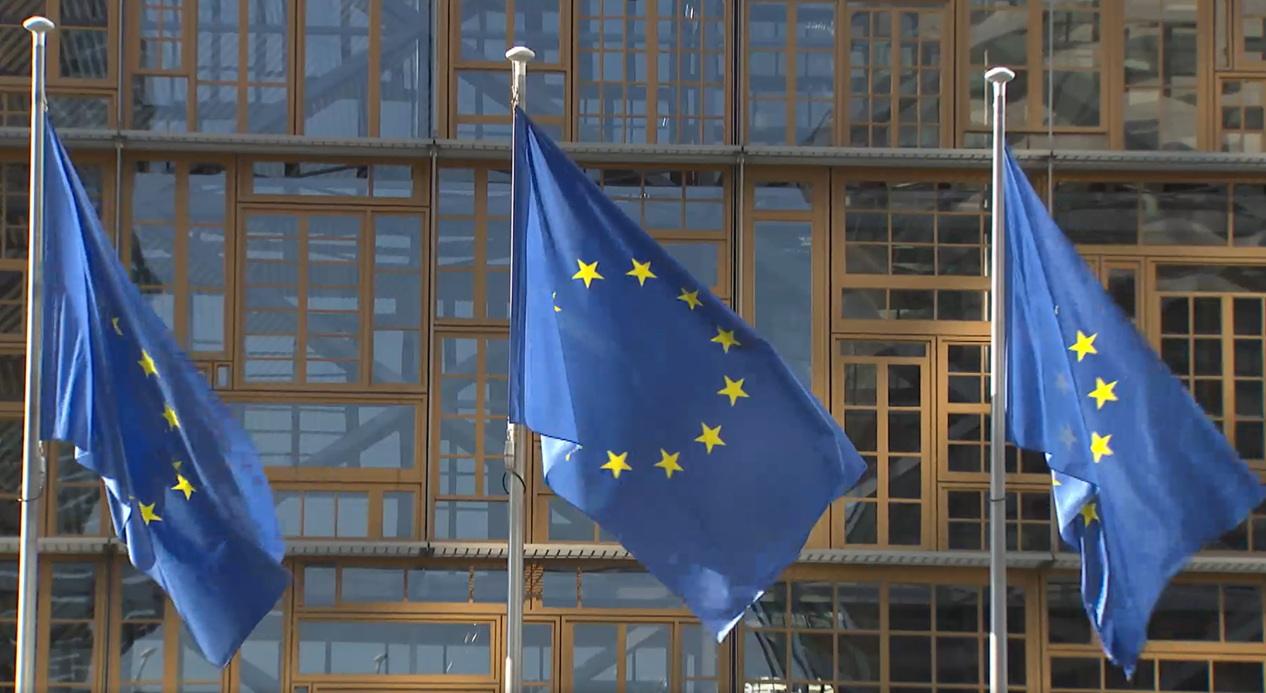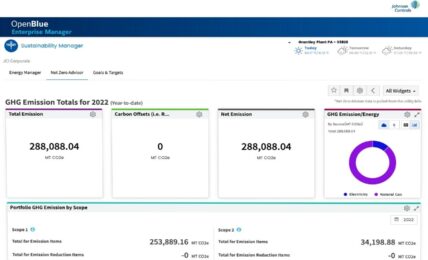
EU member states in the European Council announced that they have approved the European Commission’s ‘stop-the-clock’ directive, delaying the implementation of key sustainability reporting and due diligence regulations, including the CSRD and CSDDD.
The directive forms the first major step in the Commission’s Omnibus I package, aimed at significantly reducing the sustainability reporting and regulatory burden on companies, and particularly on SMEs.
The Omnibus package was released by the Commission in February, proposing a wide-ranging series of changes to regulations including the Corporate Sustainability Reporting Directive (CSRD), the Corporate Sustainability Due Diligence Directive (CSDDD), the Taxonomy Regulation, and the Carbon Border Adjustment Mechanism (CBAM).
Among the proposals included in the package were delays for the application of the CSRD for companies that have not yet started reporting by two years, and of the transposition and application of the CSDDD by a year.
Alongside the release of the Omnibus package, the Commission proposed the “stop-the-clock” in order to fast-track the adoption the CSRD and CSDDD delays, urging rapid implementation to provide companies with regulatory certainty, and avoid a situation in which companies would be required to begin reporting, and then be subsequently relieved of the requirement.
In its statement announcing the approval of the “stop-the-clock,” the Council’s Polish presidency said that it treated the proposal “with utmost priority with the aim of providing EU companies with the necessary legal certainty as regards their reporting and due diligence obligations,” and noting that swift action on the mechanism will provide the Council and Parliament with time to agree on the Omnibus’ “substantive changes to the CSRD and CSDDD.”
Adam Szłapka, Minister for the European Union of Poland, said:
“Simplification is one of the priorities of the Polish presidency. Today’s agreement is a first step on our decisive path to cut red tape and make the EU more competitive.”
Many of the most significant measures proposed by the Omnibus package are targeted at smaller businesses, in alignment with the recent release by the Commission of its “Competitiveness Compass” aimed at boosting Europe’s productivity and global competitiveness, which included goals to reduce reporting burdens by at least 25% for all companies, and 35% for SMEs.
In addition to the implementation delays, key proposed changes to the CSRD in the package include a dramatic reduction in scope, moving the regulation to cover only companies with more than 1,000 employees and either revenue greater than €50 million net turnover, removing an estimated 80% of companies from the regulation’s sustainability reporting requirements. In addition to the move to remove most companies from the CSRD, the Commission also plans to revise the European Sustainability Reporting Standards (ESRS), with the aim of substantially reducing the number of data points required by the sustainability reporting standards.
Key changes proposed by the Commission to the CSDDD include requiring full due diligence only at the level of direct business partners, unless the company has plausible information of adverse impacts further down the value chain, and reducing the frequency of monitoring the effectiveness of due diligence from annual to every 5 years.
The proposals also include limitations on sustainability-related information that can be requested from smaller companies in larger companies’ value chains based on the voluntary standards for SMEs (VSME) recently released by EFRAG.
The European Parliament is set to vote on the “stop-the-clock” proposal on April 1.


